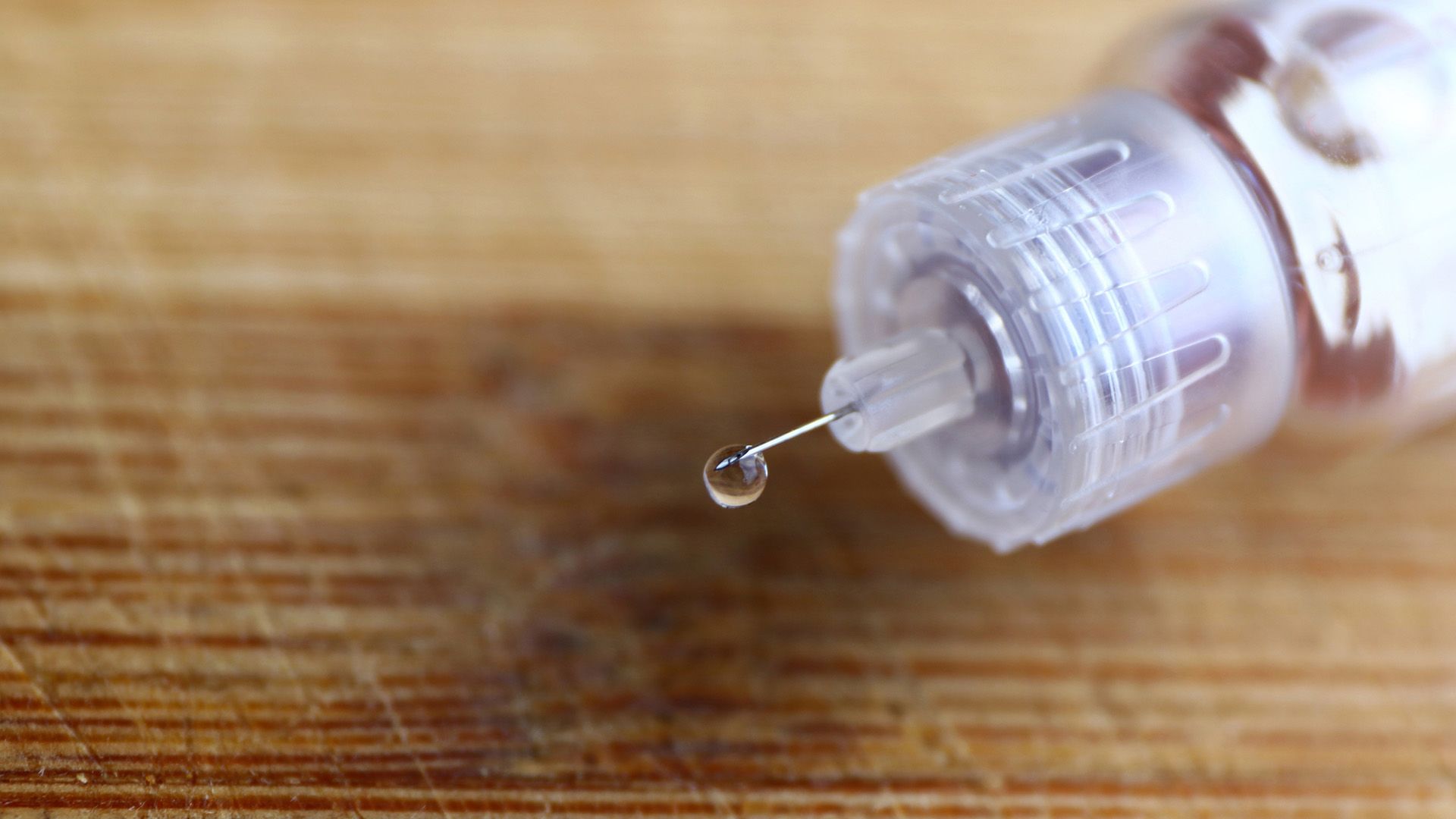Hidradenitis (hi-drad-uh-NIE-tis) suppurativa (sup-yoo-ruh-TIE-vuh), or HS, is an inflammatory skin disorder.
HS causes painful, inflamed lesions that typically affect the areas of the body where skin rubs against skin—the underarms, groin, buttocks, and under the breasts. Lesions are hair follicles that have become clogged with bacteria, keratin, and sweat. These lesions are small, hard lumps at first, but can progress to abscesses that rupture and leak pus.
The typical age of onset for HS is puberty or early adulthood. HS is believed to affect at least 1 percent of the adult population in the United States and is much more common in women. Having psoriasis increases a person’s risk of having HS.
HS is painful and can lead to complications, including infections and severe scarring. People who have HS often experience significant distress that negatively impacts their mental health, relationships, employment, and overall quality of life.
Embarrassing symptoms
People living with HS often feel ashamed, stigmatized, and experience feelings of low self-worth. They may find it difficult to talk about their symptoms with a healthcare provider.
People may also be embarrassed that HS lesions may be mistaken for an infection, such as a sexually transmitted infection or an infection that is caused by poor hygiene. (It is important to understand that HS is not an infectious disease, cannot be transmitted from one person to another, and is not caused by poor hygiene.)
Talking to a healthcare provider
While it is normal to feel embarrassed, it is important to be honest and upfront with your healthcare provider about all the symptoms you are experiencing and how those symptoms are impacting your life.
Here are some things to keep in mind and tips to help discuss an embarrassing topic with your healthcare provider:
- Remember that your healthcare provider is not there to judge you and any information you share is confidential.
- Understand that a dermatologist will have seen these symptoms or similar symptoms before.
- Write down what you want to discuss ahead of time and bring a list of important topics and questions to your appointment.
- Tell your healthcare provider that this is a sensitive topic and that you are embarrassed to talk about it. Your healthcare provider might have their own strategies for discussing sensitive topics or putting you at ease.
- Try to do something relaxing before your appointment.
If you find you really cannot talk to your healthcare provider about your symptoms and concerns, you may want to think about finding a different healthcare provider.
The importance of treatment
While symptoms may get worse at times and better at other times, HS will not go away on its own and it can get worse over time and lead to severe scarring. While there is no cure, there are treatment options that can help control symptoms, prevent complications, and ease the burden of living with HS. Treatment for HS should be overseen by a dermatologist.






